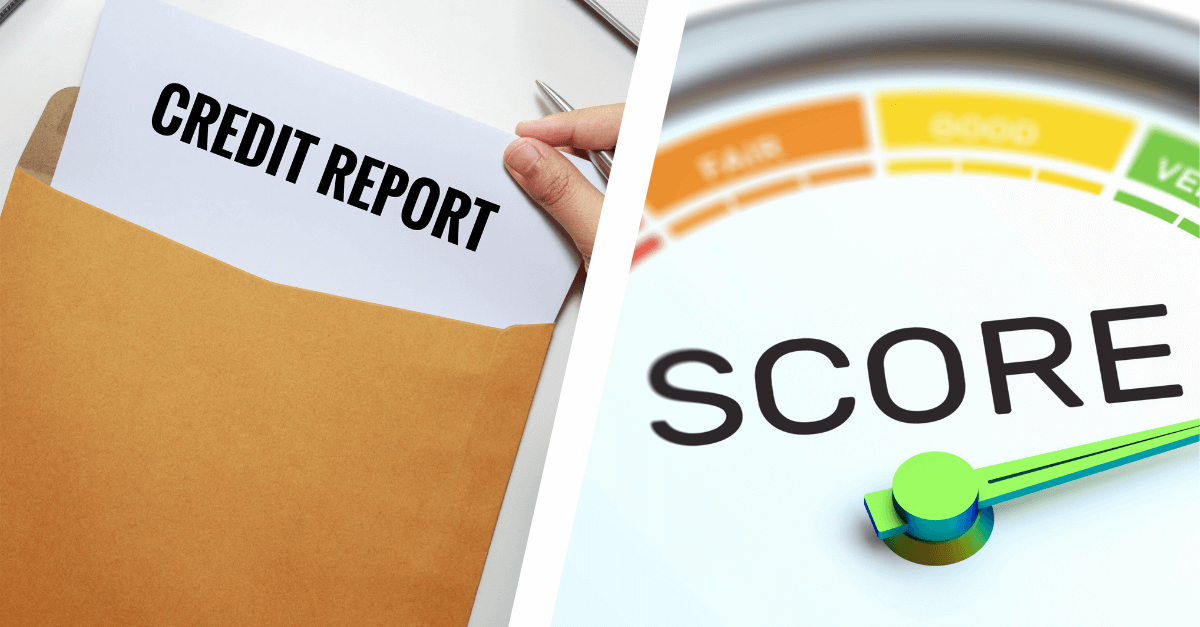Credit scores and credit reports are both taken into consideration if you apply for a loan or credit card. Insurance agencies, potential landlords, and potential employers may also review this information. While they’re related, credit scores and credit reports aren’t the same thing. When it comes to credit scores and credit reports: what’s the difference?
What are Credit Reports?
Credit reports provide a detailed summary of how you’ve handled borrowed money in the past. They include information on credit accounts, public records, and credit inquiries. You don’t have just one credit report. There are three major credit bureaus (TransUnion, Equifax and Experian) that compile credit data. Your creditors aren’t required to send information to all three credit bureaus, so the information on each report may be slightly different.
What is a Credit Score?
Your credit score is a three-digit code that is determined based on a combination of items that appear on your credit report. Factors used in the calculation of your credit score include your payment history, credit utilization, recent credit inquiries, credit mix and length of credit history.
The most commonly used credit score is the FICO score, which ranges from a score of 300 to 850. Another scoring model is called the Vantage score. Lenders check your credit score to determine your eligibility for credit because they can get an idea of your creditworthiness based on this score. A good credit score can help you to be approved for credit at the best interest rates.
Ways to Improve Your Credit Score
If you’re ever turned down for a loan or credit card based on your credit score, you may look for ways to improve your credit score. If you have any past due payments, work on getting them caught up as soon as possible. Be careful to pay all your outstanding bills on time. Setting up automatic transfers is a good way to be sure you don’t miss a payment.
Credit utilization is another factor to work on. Ideally, you should only use up to 30 percent of your available credit on credit cards or revolving loans. If your credit utilization is high, work on paying down your debt. Avoid applying for too much new credit in a short period of time.
Checking Your Credit Report
Consumers are entitled to receive a copy of their credit reports each year from AnnualCreditReport.com. Review what’s on your credit reports and make sure everything is accurate. You may be surprised to find some errors on your credit reports such as payments showing as late that you made on time. Check that there aren’t mistakes in your personal information such as your social security number or address, and make sure there are no errors in your outstanding balance or accounts that don’t belong to you.
If you find any errors on your credit report, dispute them right away. Dovly can simplify this process for you. We’re an AI credit engine and we can work on your behalf to fix and maintain your credit report. Try it risk-free with our free membership tier.



